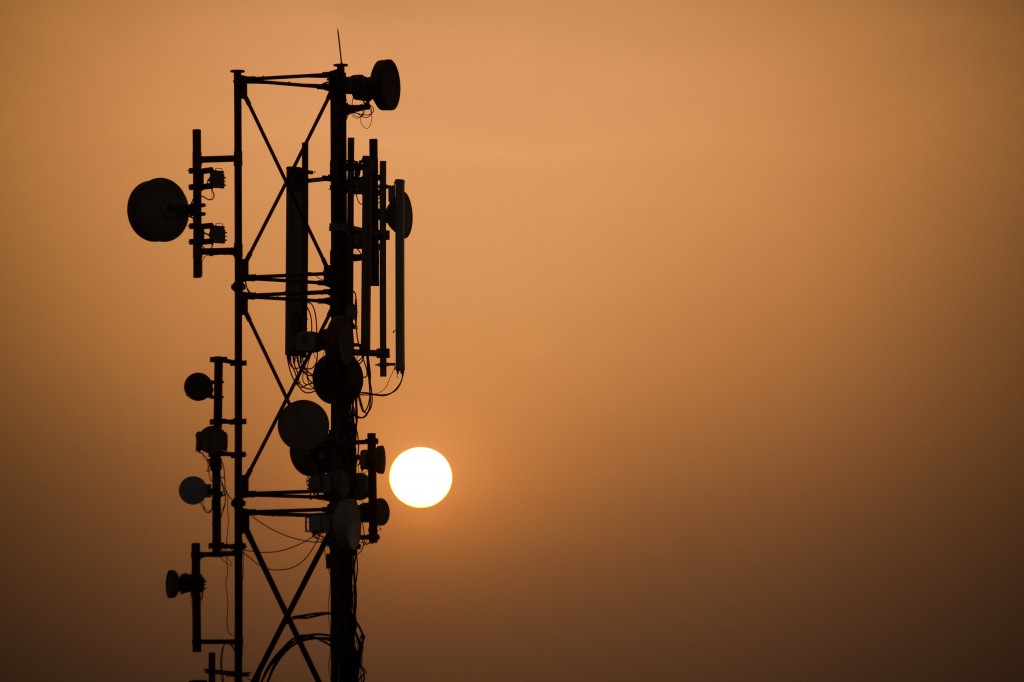
Pakistan telecom industry currently has two large taxes imposed upon it. One if Federal Excise Duty (FED) and the other is Provincial Sales Tax. FED is 19% while PST is 18.5%, and according to GSM Association this taxation is hampering mobile service growth in Pakistan.
GSM Association has proposed FBR to review this tax rate and propose better solutions to the government. This suggestion is based on a detailed report submitted to FBR by Deloitte titled “Digital Inclusion and Mobile Taxation in Pakistan“.
According to this report:
– Granting “Industrial Undertaking” status will allow cheaper equipment import, adding $28 million per annual to mobile operators’ annual revenues by 2020, overall economic benefit of $480 million and about $100 million investment in Pakistan.
– Abolishing SIM Activation tax can add further 500,000 sims by 2020, over a quarter of which would be 3G/4G connections. This could lead to additional $270 million in GDP and 43,000 people out of poverty. Overall increase in government revenues could be $13 million per year.
– Provincial Sales Tax are not harmonized across the country, causing additional compliance costs for telecom sector. Harmonizing them by providing a single point of payment would reduce these costs in a major way.
– Reducing FED and PST rates to standard 17% would save a lot of money for the consumers and can lead to additional 2 million new connections per year by 2020. Increased productivity has potential to increase GDP by $1.1 billion and additional $69 million government taxes by 2020.
It was also highlighted that import of telecom equipment for roll out of 3G/4G services has been subjected to additional custom duties under SRO 575 Finance Act in 2014/15. Expected spending on the telecom equipment over next five years is $1.3 billion and with heavy custom duties, additional $195 million would be charged.
Considering the growth of mobile broadband and better offerings of service and packages by telecom companies, despite heavy taxation, proves their is much potential in the industry to deliver more to the people and generate more revenue in the long run with lower taxation and better tax management.
This post was last modified on August 4, 2016 5:46 pm
Health insurance is an essential financial safety net that protects individuals and families from the…
Traditional insurance companies are not always the ideal examples of excellence in customer service. They…
Insurance planning is part of a long-term retirement strategy. However, managing insurance and its expenses can…
Life is full of uncertainties, and a very challenging event to deal with is the…
Economic uncertainty has become a recurring theme in the current world scenario. As consumers, we are…
Suppose you have a side gig driving for a company like In Drive or Careem.…